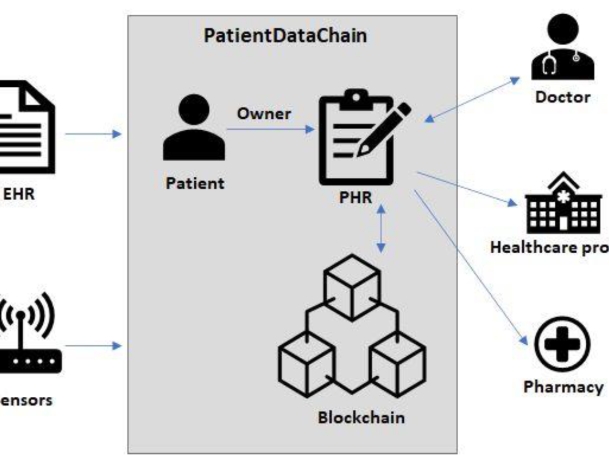Blockchain technology is revolutionizing the healthcare industry by providing a secure and efficient way to store and share health records.
Secure and Immutable Records
Healthcare records stored on the blockchain are encrypted and distributed across a network of computers, making them virtually hack-proof. This ensures that patient data is secure and cannot be tampered with.
Efficient and Transparent Sharing
With blockchain technology, patients have the ability to grant healthcare providers access to their records instantly and securely. This eliminates the need for time-consuming paperwork and allows for more efficient collaboration between healthcare providers.
Decentralized Control
Unlike traditional health record systems, which are controlled by a single entity, blockchain technology allows for decentralized control of health records. This means that patients have more control over who has access to their information and can revoke access at any time.
Improved Interoperability
Blockchain technology enables seamless integration of health records from multiple sources, making it easier for healthcare providers to access a patient’s complete medical history. This improves the quality of care and reduces the risk of medical errors.
Reduced Costs and Administrative Burden
By streamlining the storage and sharing of health records, blockchain technology can help reduce administrative costs and improve efficiency in healthcare organizations. This allows for better allocation of resources and ultimately leads to better patient outcomes.
The Future of Healthcare
As blockchain technology continues to evolve, we can expect to see even more innovative applications in the healthcare industry. From tracking pharmaceutical supply chains to facilitating telemedicine appointments, the possibilities are endless.
In conclusion, blockchain technology is revolutionizing healthcare by providing a secure, efficient, and transparent way to store and share health records. By embracing this technology, healthcare organizations can improve patient care, reduce costs, and ultimately revolutionize the way we think about healthcare.

